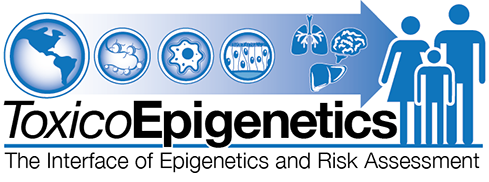There are two upcoming Society of Toxicology Contemporary Concepts in Toxicology (SOT CCT) conferences that may be of particular interest to you. The CCTs are one- to two-day focused, open registration, scientific meetings in contemporary and rapidly progressing areas of toxicological sciences.
SOT CCT on Use of Cardiomyocytes for the Assessment of Proarrhythmic Risk, October 25–26: Abstract Site Now Open

The Society of Toxicology Contemporary Concepts in Toxicology (SOT CCT) conference on The Use of Cardiomyocytes for the Assessment of Proarrhythmic Risk will be held October 25–26, 2016, in Arlington, Virginia. Human stem cell-derived cardiomyocytes (hiPSC-CMs) are increasingly used in drug discovery, toxicity assessment, and cell-based disease treatment. In vitro screening assays also are used to make decisions about which drug candidates to progress into development. In light of the potential utility of this emergent technology, this workshop will engage experts in presenting and discussing various aspects of the phenotype of these cells (functional, proteins, biochemical) and comparing them to adult ventricular CMs, as a basis for assessing their potential uses in drug and chemical safety testing. This workshop will include domestic and international scientists from government agencies, pharmaceutical industry, and academia to discuss the current state of the art and the path forward. For more information, to submit an abstract, and to register, please visit the conference website.
SOT CCT on Toxicoepigenetics: The Interface of Epigenetics and Risk Assessment, November 2–4

The SOT CCT conference on Toxicoepigenetics: The Interface of Epigenetics and Risk Assessment, will be held November 2–4, 2016, in Tysons, Virginia. The epigenome is a dynamic regulatory framework that controls the use of genomic information to govern the response of cells, tissues, organs, and individuals to their environment. As a master regulator of gene expression, the epigenome is responsive to a diverse range of environmental factors including toxicant exposure, diet, stress, and socioeconomic circumstances. Traditional toxicological paradigms have relied on factors such as age, genetic polymorphisms, and disease status to identify variability in responsiveness to environmental toxicant exposure; however, these factors are neither sufficient to faithfully identify differentially responsive individuals, nor are they modifiable factors that can be leveraged to mitigate adverse health effects of toxicant exposures. An individual’s epigenome, on the other hand, is malleable and shaped by interactions with chemical and non-chemical aspects of the environment, giving it potential as a tool for the promotion of public health. This conference will examine the state of the science to identify potential applications and predictable limitations facing the integration of epigenetic data into human health risk assessment paradigms. For more information, please visit the conference website.